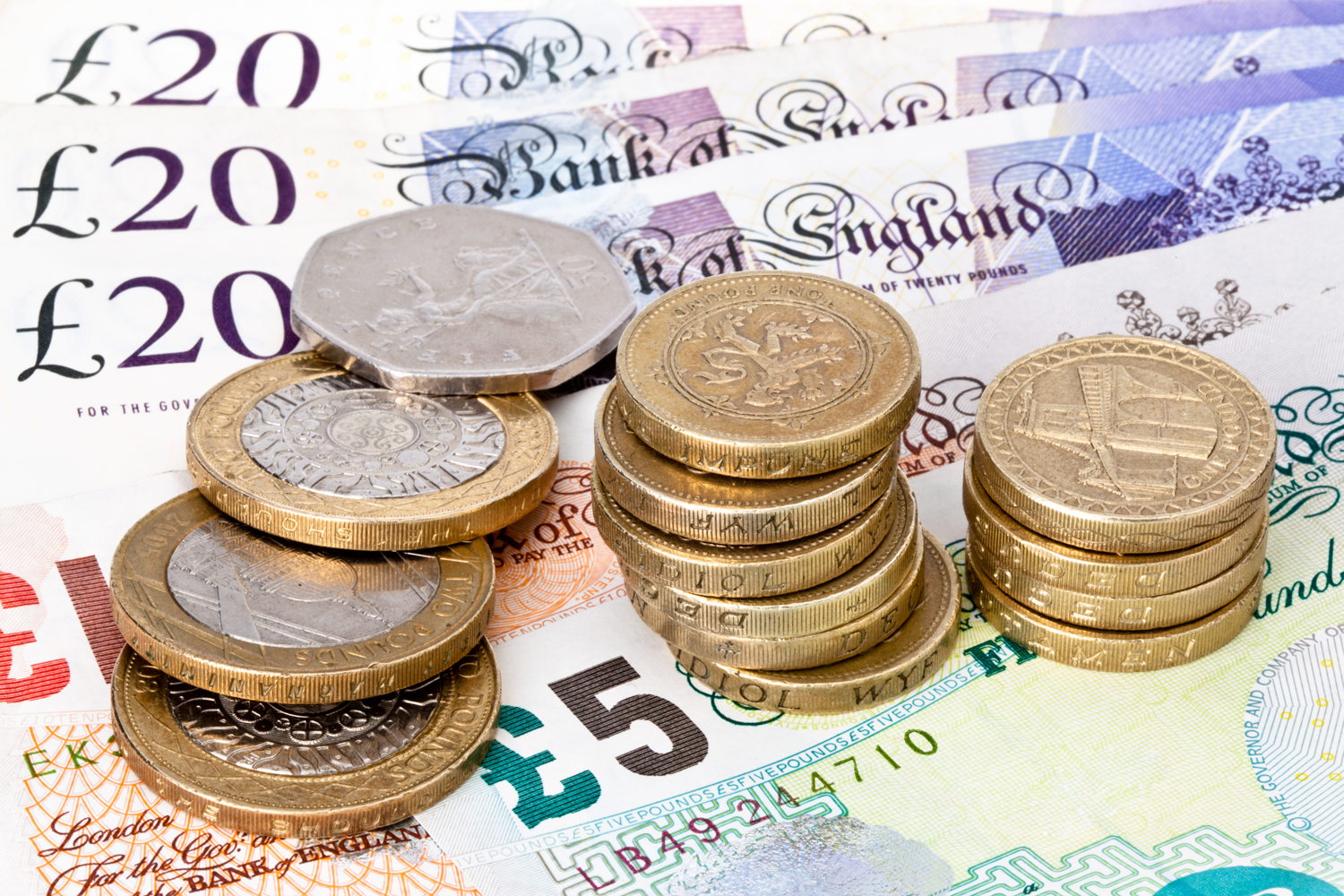News
One in three blocked from paying with cash during pandemic

A third (34%) of people questioned by Which? said they were stopped from paying with notes and coins since March last year, when coronavirus restrictions were first introduced.
Respondents were most likely to be refused the option of paying in cash when shopping for groceries, which accounted for more than a quarter (28%) of incidents.
This was followed by leisure activities such as going to a pub or restaurant (24%), and buying cleaning products (21%).
Which? is calling for urgent action to protect the millions of people who depend on the cash network.
The consumer group highlighted one concerning incident in which a diabetic man in urgent need of food because his blood sugar levels had dropped was refused service in two restaurants that had gone cashless because of coronavirus.
Which? says the figures are highly concerning given the significant numbers of people that still need cash to pay for essential goods and services.
One in 20 (5%) respondents said they rely on cash, which equates to more than two and a half million people in the UK. More than one in 10 (13%), equivalent to seven million people, also said they would struggle without it. Taken together, this means that 10 million people are not ready – or able – to give up cash.
Furthermore, 40%, representing 22 million people, said that they viewed cash as an essential backup.
The survey also highlighted how rapidly the coronavirus outbreak has changed the way many people pay. More than half (53%) of people said they had replaced some or all of their cash use since the first lockdown. Of these, just under half (46%) said that their declining cash use was as a result of shops prohibiting or discouraging it.
Two in five shoppers (42%) told Which? they were using less cash because they thought card payments were safer, a notion that prompted some businesses to encourage contactless payments or go entirely cash free in response to the pandemic.
This approach was first taken at the start of the pandemic, when there were mixed messages about the safety of cash, but since then the Bank of England has provided clarity on the issue, with research finding that Covid-19 doesn’t survive on banknotes for very long.
Given the low level of risk, combined with the significant number of people who still rely on it, Which? is encouraging shops to continue to accept cash to ensure that people, particularly those who are vulnerable, are not left in a position where they have no other way to pay.
The consumer champion is currently working with retailers to develop an initiative to protect consumers who want or need to continue shopping with cash.
Jenny Ross, Which? Money editor, said: “Cash is still a vital way to pay for millions of consumers, so to see such a high proportion of people report that they have had difficulty spending it is very concerning, particularly now we have entered another lockdown.
“We have repeatedly warned about the consequences that coronavirus will have on what was an already fragile cash system, but nowhere near enough action has been taken by the government or the regulator to understand the scale of this issue.
“The government, which is still yet to introduce legislation to protect cash it promised almost a year ago, must urgently make the FCA responsible for tracking cash acceptance levels. Failure to do so will see the cash network crumble and leave millions of people abandoned.”
Peter McNamara, CEO of NoteMachine, said: “By refusing to accept cash for basic necessities, shops are actively discriminating against a large section of society, many of whom may not have access to contactless payment at all. We also need to realise that it’s not only the elderly and vulnerable that regularly want to pay with cash – it has always been vital to local economic activity.
“In fact our analysis shows that 43 million consumers – the majority of the UK adult population – were using the LINK network pre-lockdown to withdraw cash each month, and we’ve seen numbers start to climb back up to this figure when restrictions are lifted. This elastic demand proves that it’s still vital that everyone has the freedom to choose how they want to pay, and access to free-to-use ATMs is protected.”